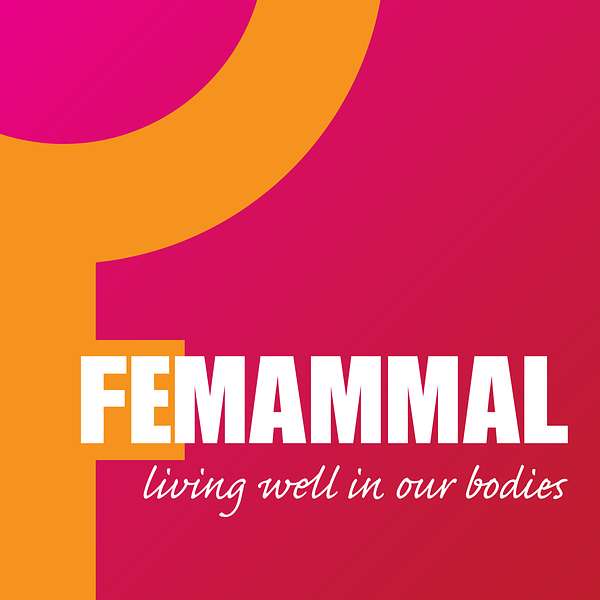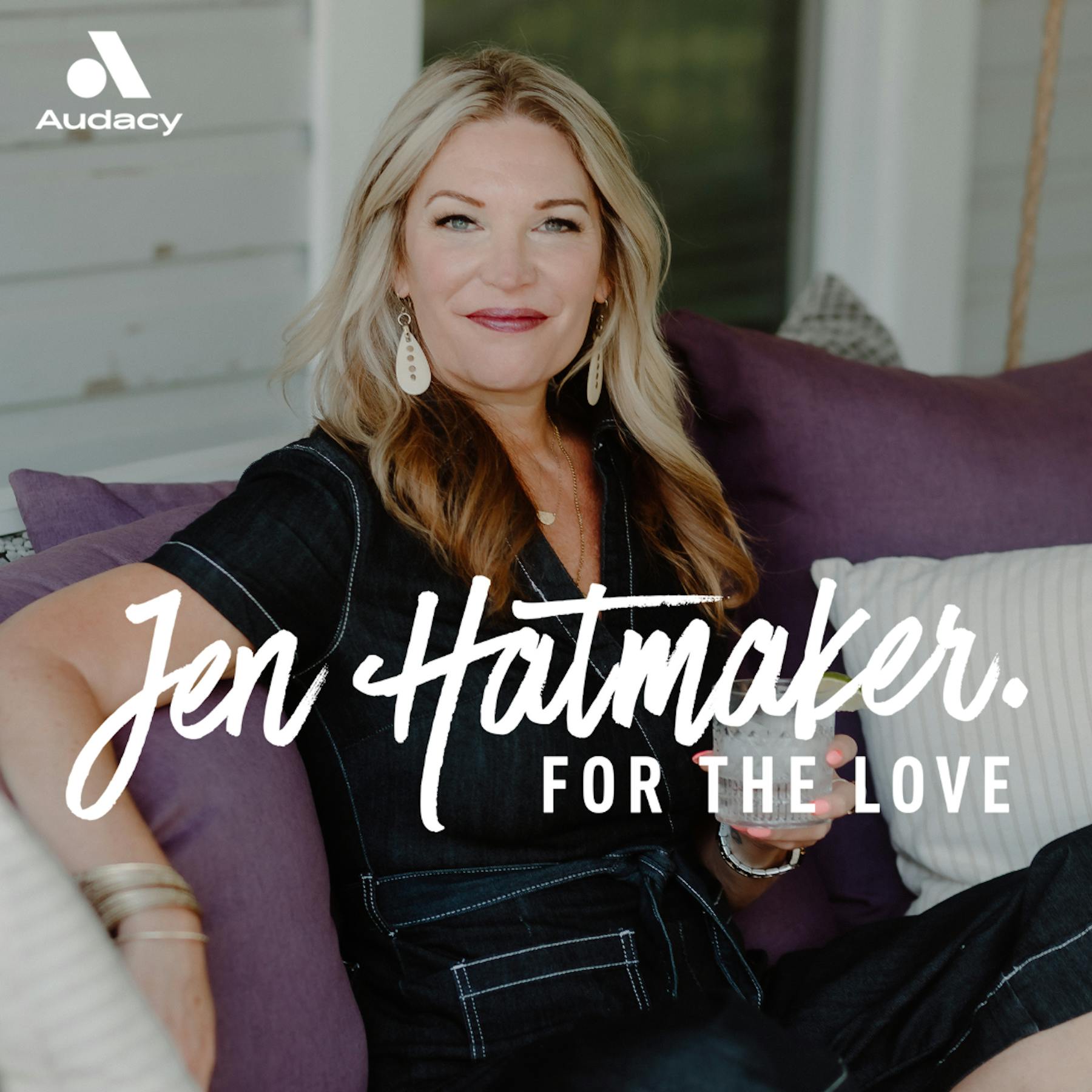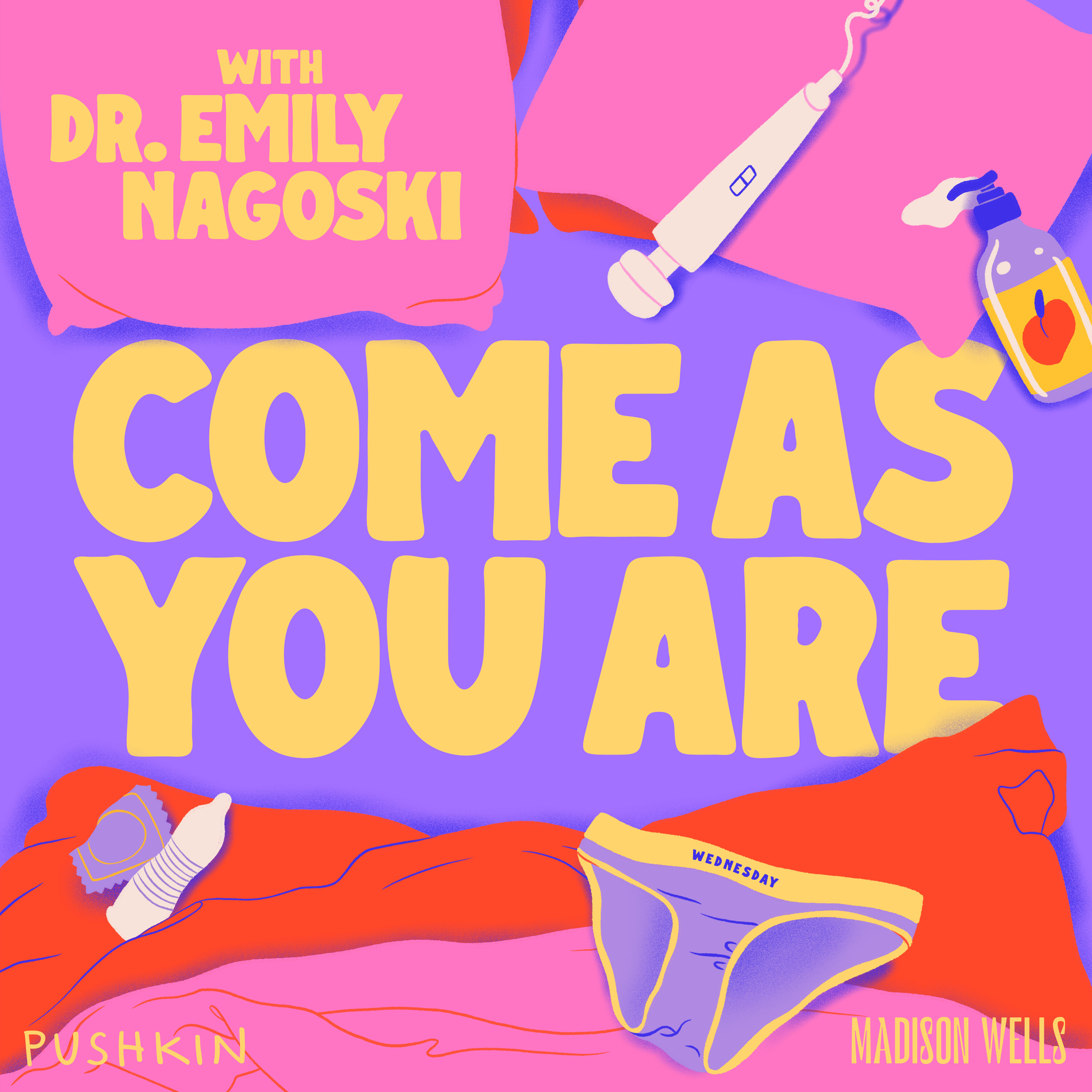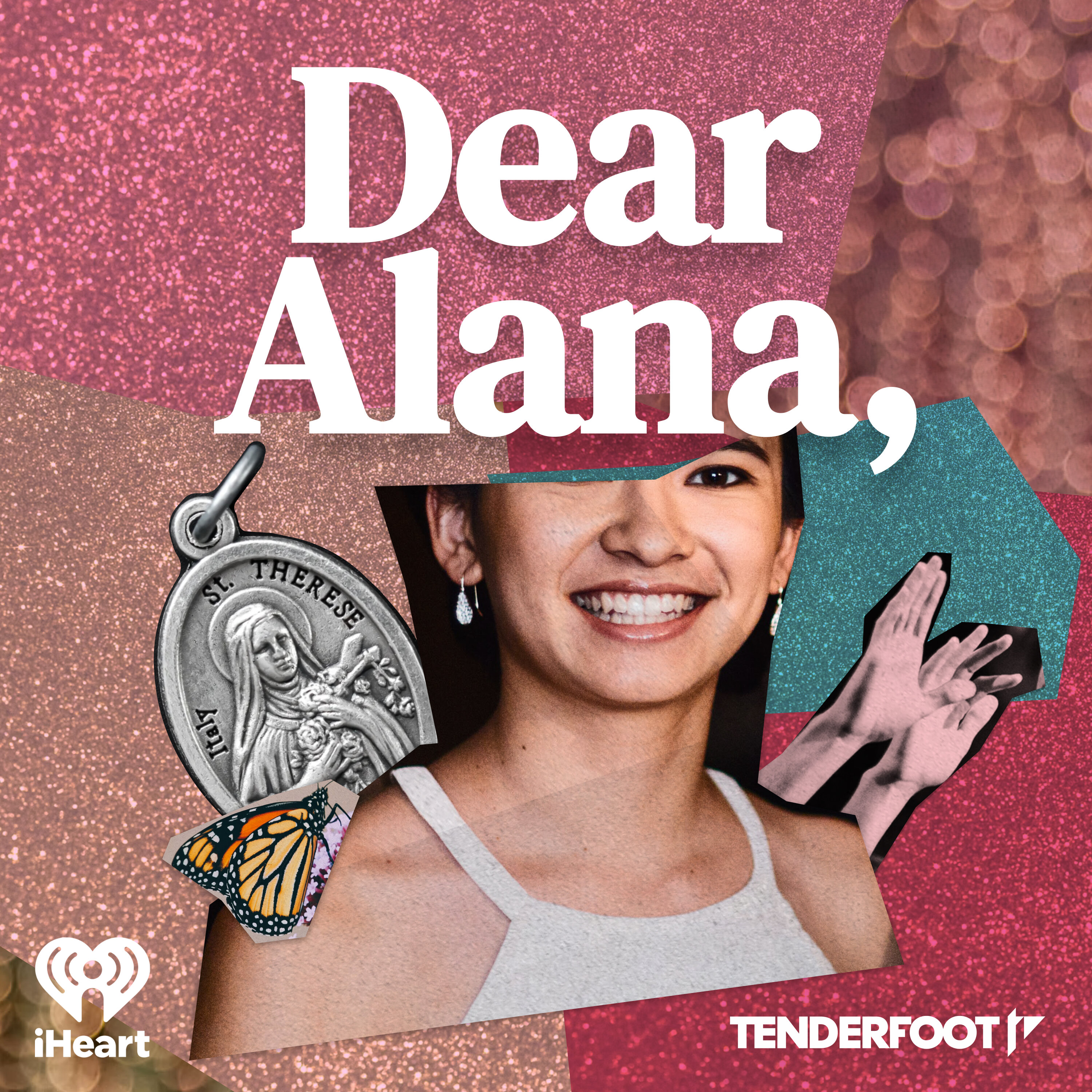
Femammal
Femammal
Season 2 Wrap Up on Breast Health
I reflect on what I learned in Season 2 on breast health, and I share the plan for Season 3. I will be taking a break for May, and I'll be back with new podcast episodes on May 31.
Contact Femammal:
- Email femammalpodcast@gmail.com
- Follow the podcast on Facebook at Femammal Podcast
If you have feedback or want to be a future guest, please get in touch!
Logo design: copyright Darragh Hannan
Hi, this is Greer, your host for Femammal, the podcast that holds space for women to explore what it means to live well in our bodies, and celebrates moving through this world as female mammals.
We have come to our last episode of Season 2, where we were exploring breast health. It's been an fantastic season! We dug into challenges with lactation, experiences of breast cancer, and getting the right bra fit to support your overall health, comfort, and self-confidence. I learned a ton along the way, and I know you did, too, because you wrote in to share your feedback. I heard from women who were motivated to schedule long-delayed mammograms, and I heard from LOTS of women who scheduled bra fittings—even women a generation ahead of me who have never had a professional bra fitting. I LOVE hearing stories like that, so thank you for listening and thank you for writing in. I get so much hope and encouragement from hearing people taking a step outside of their comfort zone, and continuing to learn and grow at every stage of their lives.
One idea that had really stuck with me from this season is the insight for how the potential for lactation shapes not only the lives and experiences of women, but creates so many aspects of human culture. That's not to say that any individual mother's decision not to breastfeed or her inability to breastfeed detracts from that. In fact, if I could recommend just one under-played episode this season, I would direct you to the episode on Insufficient Glandular Tissue, or IGT, where Estefania Lens shares about her physical inability to breastfeed her three children. She had so much wisdom and insight to share with all of us, including those of us who aren't mothers.
Even recognizing and affirming experiences like hers, it's amazing to contemplate what the evolutionary adaptation of lactation has made possible for us as a species. I'm thinking of the extreme fragility of human infants compared to the young of other animals, and our early total dependence on adult nurturing to survive. That early dependence is not only a physical reality, but it creates a social reality of strong adult-child connection which elevates us from simply surviving to flourishing as individuals, kin, and community. And that adult-child connection goes beyond simply a mother-child dyad, since in many present cultures as well as in history, women other than a child's biological mother participate in breastfeeding a child—whether that is another female relative or even an unrelated woman engaged by the family. For mothers with wealth and status in many cultures, it has been a practice to enlist lactating women, either paid or enslaved, to nurse their children. Indeed, the role of wet-nurse was a common one for enslaved women, and yet another example of the exploitation of women, entailing loss of bodily autonomy. In this season's episode on lactation support, Leah Jacobson shared that in some cultures, grandmothers breastfeed their grandchildren. And in the developed world today, new mothers commonly invest in breast pumps, which creates the opportunity for dads and other caregivers to feed their babies breastmilk, and milk banks and milk depots are being established to expand access to breastmilk. All of this takes us far beyond the dyad of a breastfeeding mother and an infant.
The physical and social ties established through lactation have an effect on all kinds of cognitive development, from language development to spatial reasoning and social bonding. Our species' strong and prolonged adult-child care-giving investment has created the time and space for the human species to flourish as complex, rational, imaginative, ever-developing people. We maintain social bonds within our extended families and communities across our whole life times; we have verbal language and outlets for creativity like art and music; we are story-tellers who have a strong sense of time and history and connection across generations seen and unseen. And, we inherit that rich culture and that incredible developmental capacity as a SPECIES, even regardless of the individual decision or capacity for any single woman to breastfeed any single baby. The capacity for lactation isn't unique, of course—all mammals have that going for them—but the fact that human infants come out so under-cooked and are so utterly dependent for so long is extraordinary, and I really celebrate the particularly female capacity for lactation that has nurtured that possibility and become foundational for human development and the development of the capacity and the culture of the human race.
Right before this season began, my husband and I fostered a stray momma cat and her three little kittens. This momma cat was one of the feral cats from the neighborhood of my workplace, and she was surviving on dumpster food and what she could hunt. Her kittens were about four weeks old when we took her little family in, and they were all underweight. Momma cat wasn't getting adequate nutrition, and all of them were plagued by fleas and earmites. All of them rebounded right away after they got the food, shelter, and veterinary care they needed, and it was absolutely enchanting to watch the momma cat feed and parent these three kittens. I was alarmed after the first week because while the kittens seemed well-fed and energetic, we hadn't seen or cleaned up any kitten poop yet, so I was worried they were sick. What we learned from the vet is that as long as the kittens are being exclusively breastfed, momma cat actually consumes all of their poop, which is a protective measure against detection by predators in the wild. Incredible! I loved watching all three of them cuddled up on momma cat in a sleepy milk-induced haze, while momma cat purred, in the rare moments that they weren't chasing and wrestling each other. We permanently adopted one of the kittens ourselves, and what I notice is that even at six months old, when he is relaxed and content, he still makes a kneading motion with his front paws just like he used to knead his momma's breast as he was suckling. Having a front seat to this early development gave me a whole new appreciation for our human identity as mammals, and it reminds me when I'm struggling because I have basic needs that aren't being met (like for food or sleep or social connection) that it's not a failure to have those needs—it's just part of life as a mammal.
THANK YOU for listening this season. I'm looking forward to doing more interviews with women about their experiences embodied as female mammals, and examining all that is challenging, good, or something in-between about their experiences. The podcast has really grown this season, surpassing 1,000 downloads and reaching 20 different countries! Please keep sharing it with people you care about. It is so encouraging that to know that women in so many different places and from so many different walks of life are extending this conversation.
Here in Louisville, Kentucky, Derby Season is in full swing. It wasn't until I moved to Louisville eight years ago that I learned that Derby isn't just one horse race on one day, but rather a full-on month of festivals and activities, when our city really wakes up for Spring. It's a really fun, celebratory time, so I'm going to step back and enjoy it, and I'll be back with new episodes after Memorial Day at the end of May. When we return, I'll jump right in with a fresh interview with a sex therapist who entered her professional field after dealing with challenges of her own. I'm also looking forward to bringing you interviews that I captured with a couple of amazing Australian women, from when I visited my extended family there in March. It was an incredible trip, and my Aussie podcast guests were so insightful and fun.
As always, I would love to capture YOUR story if you have something you are open to sharing on the podcast. You don't need to be a professional or have any medical training to share an authentic experience that will help others understand more deeply what it means to move through this world as a female mammal. Insight, empathy, and connection is what this podcast is all about.
Podcasts we love
Check out these other fine podcasts recommended by us, not an algorithm.

For The Love With Jen Hatmaker Podcast
Jen Hatmaker
Feminist Survival Project
Emily Nagoski and Amelia Nagoski
Empowered Health
Emily Kumler
Come As You Are
Pushkin Industries
The Retrievals
Serial Productions & The New York Times